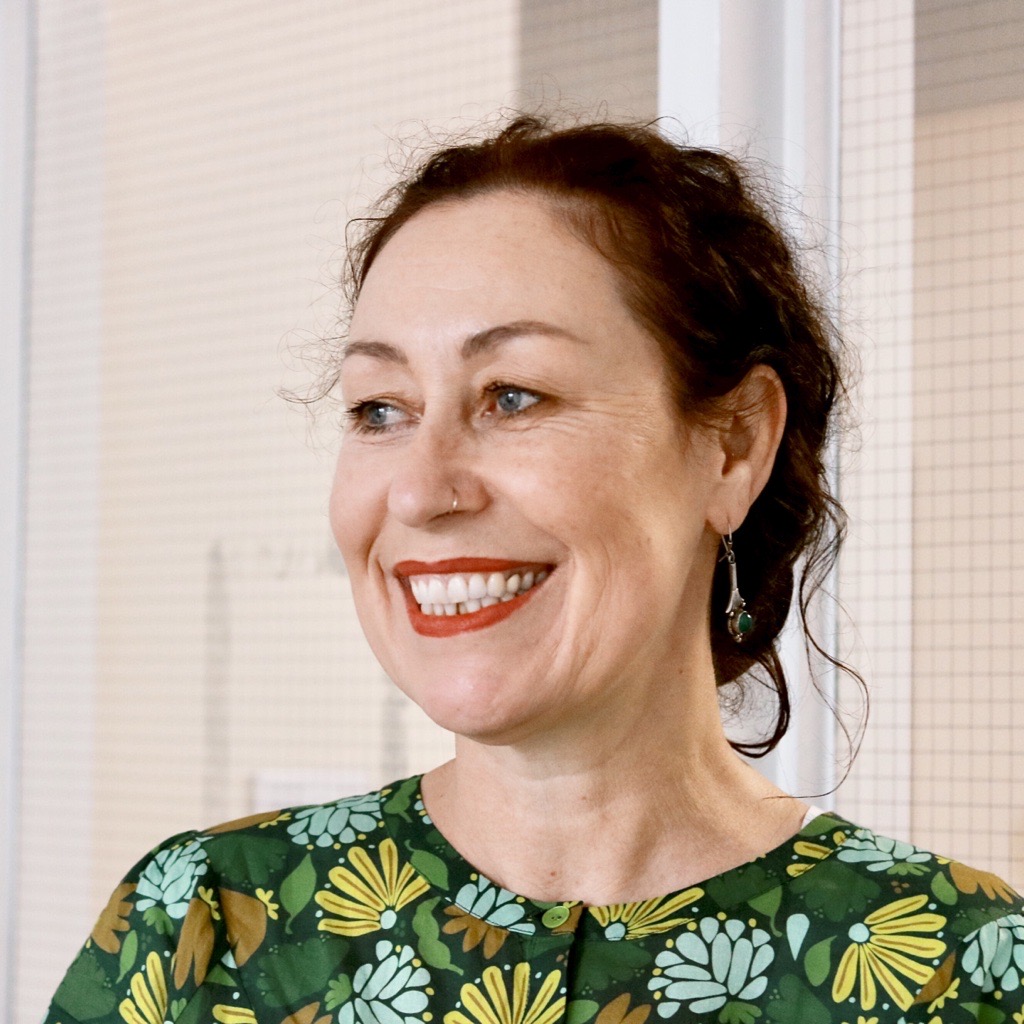Lynne Campbell - Exploring the value of email and telephone careers guidance
About
This HECUS funded research reportLink opens in a new window was co-authored by Lynne Campbell (Johnson), Leigh Fowkes and Lydia Lauder. Key findings: Telephone careers guidance performed markedly better for a higher proportion of students than e-guidance.
The research uncovered that for some groups of students e-guidance is still preferable. For example, international students who found telephone support problematic because of time zone differences and students with work commitments during office hours. In contrast, telephone guidance performed well in helping students develop a personal connection and conversation with their careers and employability consultant. Often students chose telephone guidance because it was deemed both convenient and efficient compared to e-guidance, which was perceived as taking longer to provide answers. Those that received telephone guidance reported far greater impact in terms of motivation and improved confidence. However, where a guidance model is followed within e-guidance the results in terms of impact at 3 months were comparable with those who received an interaction by telephone. E-guidance requires careers professionals to utilise a distinct set of skills compared to telephone guidance. Ongoing training and continuous professional development is necessary to help careers professionals develop the necessary skills to deliver e-guidance competently and must reside within a quality assurance scheme.
Researcher profile

Lynne Campbell is an Assistant Professor in the Career Studies team. She joined the team based in the Centre for Lifelong Learning, from the Open University, where she was the Learning and Professional Development Manager for the Careers and Employability Services.
